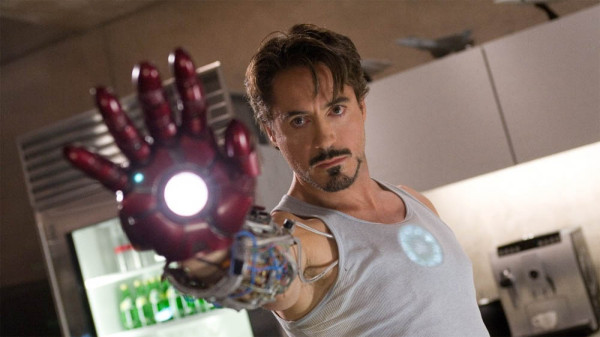From its humble beginnings in 2008, launching with a comparatively modest flick starring a superhero most people had never heard of, Marvel’s cinematic universe has swelled into one of the most expansive franchises ever created.
Eight years on, the MCU now spans a whopping thirteen movies starring several assorted lead characters who frequently cross over into each other’s series, with half a dozen critically-acclaimed television shows out there (and more currently in development) and even Marvel online slot games featuring Iron Man and Captain America on M88 Asia, providing quality entertainment to Marvel fans who enjoy gambling with a safe, fun, regulated and secure online gaming experience.
It’s safe to say, then, that Marvel’s huge gallery of properties has become a ubiquitous presence in today’s superhero-dominated landscape, and all signs are pointing towards the brand only getting bigger in the next few years.
Here is a brief look at how the MCU grew across film and television to dominate the world of superhero adaptations.
The movies
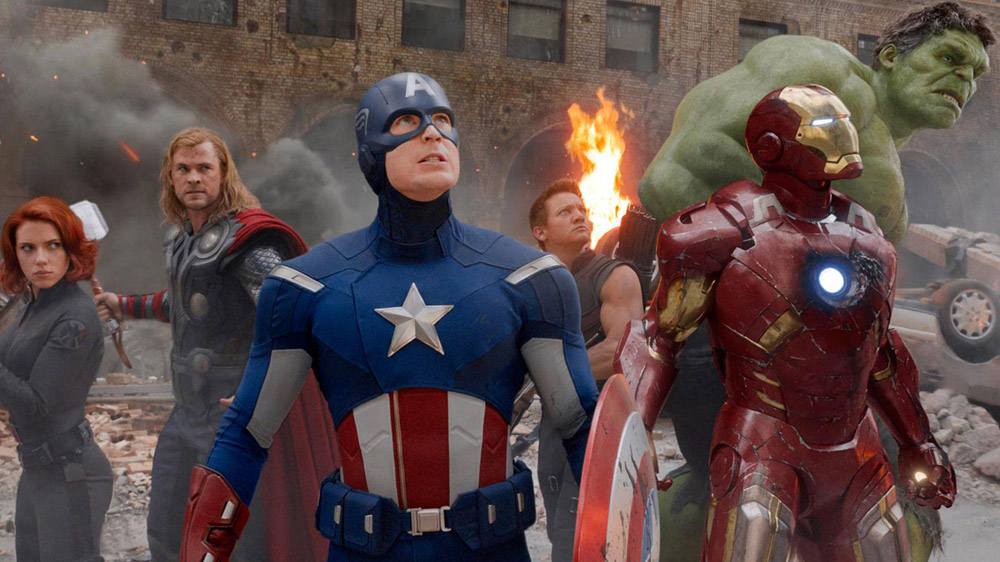
Having earned a cumulative $10.2 billion over thirteen movies, the MCU movies constitute the most successful movie franchise in history at the box office, comfortably outstripping the monolithic James Bond and Harry Potter franchises.
Despite the frequent cross-pollination between franchises within the MCU, the movies themselves have delved into all sorts of distinctive corners of the Marvel universe. The relatively grounded technological thriller feel of the Iron Man trilogy, for instance, contrasts hugely with the heightened and colourful space opera of Guardians of the Galaxy, while the towering, galactic stakes of the Avengers movies starkly contrast with the much more contained personal story of Ant-Man.
And while the movies are widely recognised for their relatively light and humorous tone, the later Captain America movies, especially The Winter Soldier, feature grittier storytelling that dips into provocative and relevant political issues such as surveillance and accountability. There’s something for a very wide range of tastes within the movies, and the varied feel of the universe only promises to broaden out with upcoming entries such as Doctor Strange and Black Panther that will delve into countries and realms completely unseen as of yet in the MCU.
Back in 2008, the roster of characters available to Marvel seemed obscure to the general public due to the fact that the rights to some of the comics’ most popular characters such as Spider-Man and the X-Men resided at other studios – ask someone ten years ago about Ant-Man, and they probably wouldn’t understand what you were talking about.
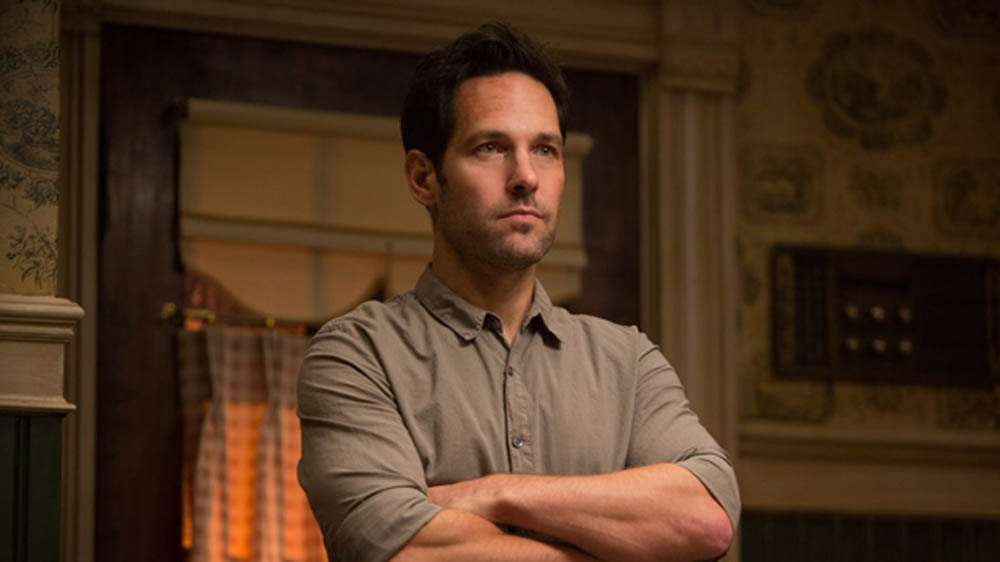
However, Marvel has carefully built up a name for itself over the years, establishing a reputation for quality and consistency (despite the odd hiccup here and there) that has shaped even its most eclectic and unusual characters like Groot and Rocket Raccoon into household names that can comfortably stand front and centre on a movie poster. Meanwhile, a bout of deal-wrangling has brought flagship superhero Spider-Man into the MCU after years in his own, standalone universe – and, fittingly, his first appearance in this year’s Civil War saw Spidey face off against a cavalcade of famous Marvel heroes in the centrepiece airport fight.
Phase 3 of the MCU has only begun, however, with an extra nine movies dated for between now and 2019 that’ll follow up several characters’ ongoing stories while throwing new characters like Doctor Strange and Captain Marvel into the mix. Beyond that, even more movies are dated for 2020 and several scripts are in development for new faces to feature in Phase 4 and beyond, so don’t expect the Marvel’s big screen efforts to fade away any time soon…
The Netflix universe
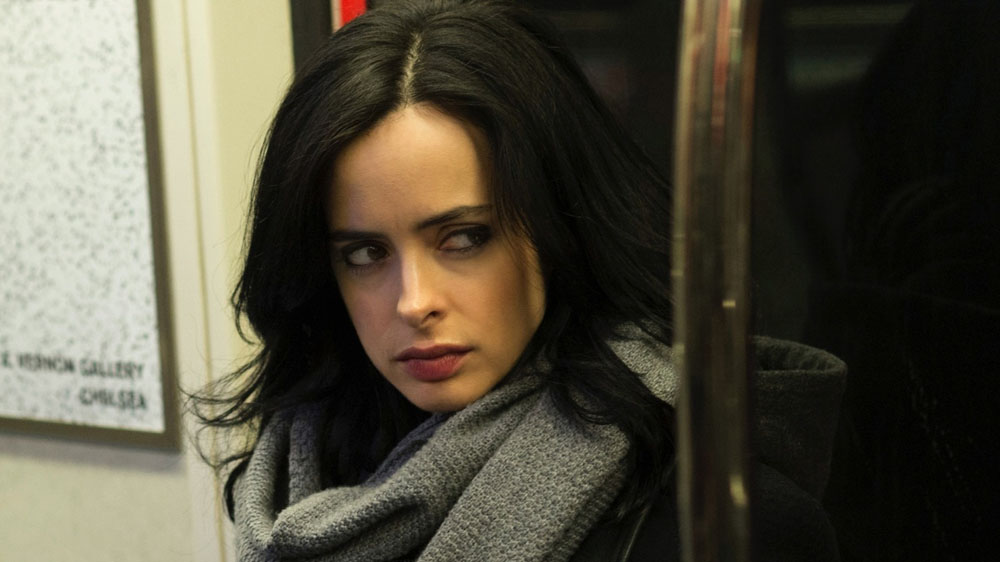
The MCU, of course, isn’t limited just to film, however, and its growing roster of television shows have increasingly explored major facets of the universe that the movies have barely touched upon thus far. Perhaps the most noteworthy example of this expansion into new corners of the MCU on television is the growing franchise of superhero shows released on Netflix, which portray a darker street-level form of crimefighting than the lighter and less realistic movies.
By virtue of Netflix’s lack of restrictions on violence or language, the tone of the Netflix shows is considerably more adult, with ultra-violent action scenes featuring crunching bones and copious blood and character arcs that often delve into extremely dark subject matter.
That’s a formula that’s led to a great deal of critical success thus far, with both Daredevil and Jessica Jones earning warm reviews for their unflinching social commentary and presentation of more complex and developed villains who feature throughout the thirteen episodes of a season.
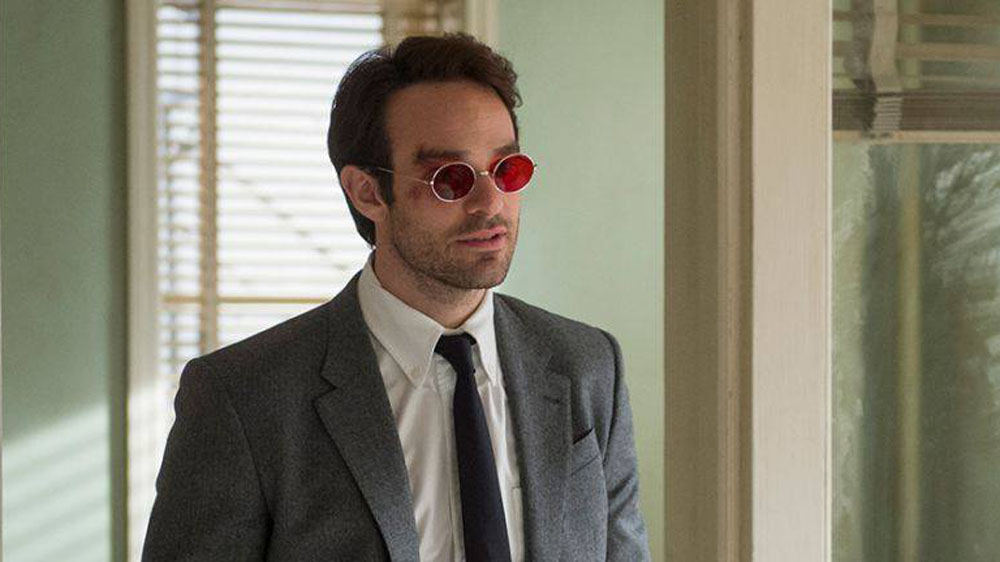
The Netflix universe began with a major order of five shows all at once, so there are plenty more on the way – Luke Cage, starring MiMake Colter’s bulletproof superhero and Iron Fist, featuring the supernaturally powered Danny Rand (Game of Thrones’ Finn Jones) will round out the initial introduction of the franchise’s central heroes. Then, later in 2017, all four central superheroes plus a gamut of supporting characters will unite for a team-up miniseries, The Defenders, which seemed to be the planned culmination of the Netflix shows back when they were ordered.
However, the strong fan and critical response has allowed the Netflix universe to grow beyond that initial plan – so new seasons of Daredevil and Jessica Jones are on the way in the next couple of years, alongside a recently-ordered spin-off starring Jon Bernthal as Frank Castle aka the Punisher which will build off that character’s introduction in Daredevil.
The Netflix shows have explored ideas and themes that the movies simply cannot accomplish with their family-friendly mandate, offering a more adult flavour of superheroes that sits nicely in an era where more superhero movies are beginning to tilt towards an R rating.
The ABC shows and beyond
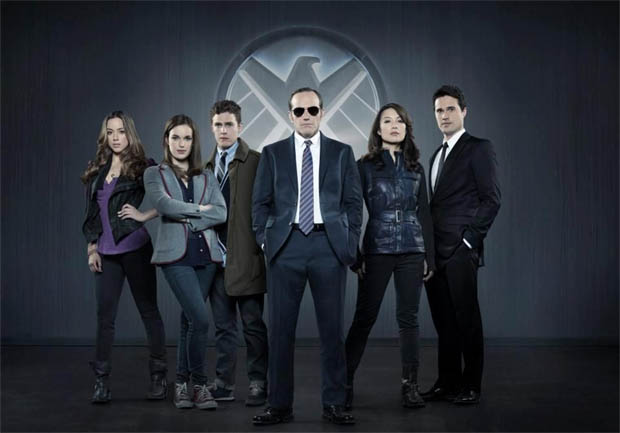
Marvel’s television output isn’t limited to Netflix, however. The very first expansion onto TV for the MCU was Agents of SHIELD, a direct spin-off from The Avengers starring fan-favourite character Phil Coulson from the movies plus a rotating gallery of guest stars which even included Samuel L Jackson as Nick Fury at one point.
SHIELD was initially criticised for failing to really take advantage of the opportunity to really flesh out the MCU beyond the movies, but it’s grown considerably in recent years, most notably with the introduction of the Inhumans, a race of super-powered mutant individuals, well before the Inhumans are fully introduced in their own movie. The expansion of SHIELD, which possesses a loyal fanbase and an increasingly positive critical response despite relatively low ratings, seems as if it’ll continue apace in next month’s season four with the introduction of well-known superhero Ghost Rider as well as an expanding cast of superpowered characters.
SHIELD was joined on American channel ABC in 2014 by Agent Carter, a spin-off starring Hayley Atwell as Peggy Carter from Captain America: The First Avenger set in the years following Captain America’s disappearance and the end of World War 2. Agent Carter offered a different kind of espionage and intrigue to SHIELD due to its period setting and social commentary, but while it managed to earn a second season on the back of good reviews especially surrounding Atwell’s lead performance, the series was cancelled earlier this year after two seasons.
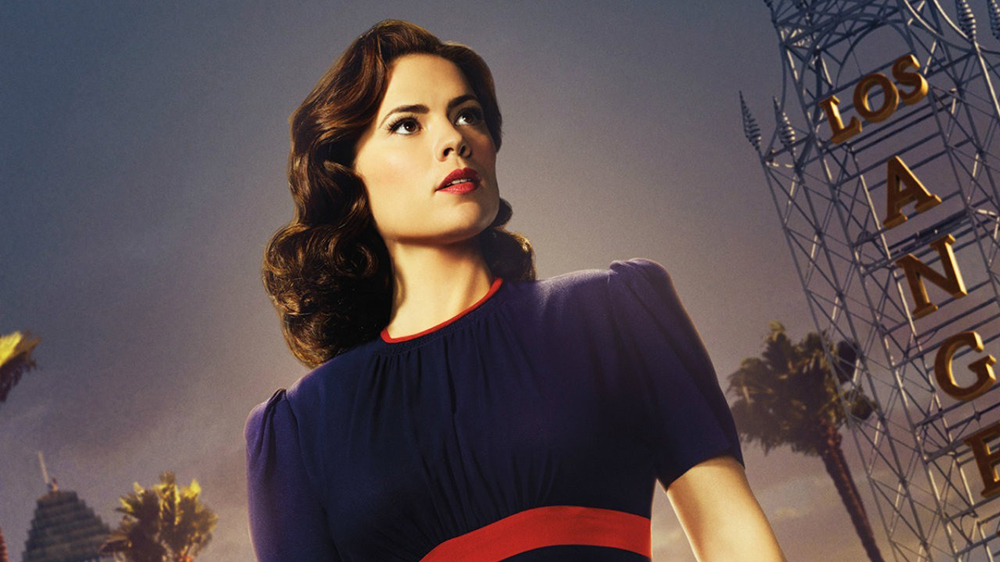
Beyond that, Marvel continues to fill out its roster of shows set in the MCU on a variety of different channels. Cloak and Dagger, a series starring the titular duo of teen superheroes, will launch on the youth-orientated cable network Freeform in the US in 2017, and last week brought the announcement that a similarly young property, Runaways (about a group of teenagers who discover that their parents are super-villains) is in development for streaming site Hulu.
As the MCU grows in prestige and recognition, it’s noteworthy that perhaps the greatest expansion of properties that are being adapted is occurring not in the movies, but on TV, as the lesser-known cult characters of the MCU are being given their time in the limelight on the small screen.
From film to TV, and even into video games with properties such as LEGO Avengers and Marvel Avengers Alliance, the MCU has become one of the most significant and well-known multimedia franchises in the market, simulating the expansive and interconnected feel of the comics like no other live-action portrayal of superheroes has done thus far. And, of course, we’re still closer to the beginning than the end – there’s still so much more left to go…

